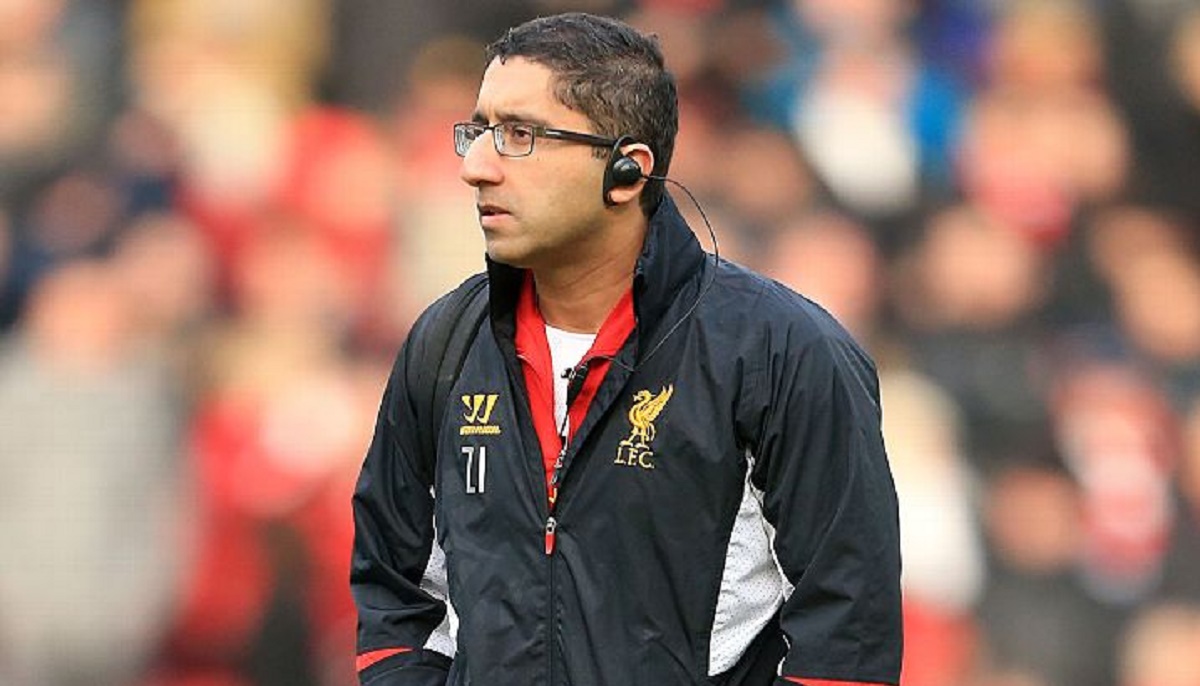Risk of virus spread on open fields very low: medicine expert Dr Zafar Iqbal
Risk of virus spread on open fields very low: medicine expert Dr Zafar Iqbal

A top UK-based sports medicine expert, Dr Zafar Iqbal, has said that chances of athletes contacting the COVID-19 virus when out on open fields is very low.
Dr Iqbal, who is a member of the working group designing protocols for the return of sports in UK, told Geo Super that UV lights can destroy the novel coronavirus, which makes it safer to be on the field, although he added that players will still have to continue to maintain good hygiene and practice distancing where possible.
“All the players will be tested and so long as they've been maintaining good hygiene measures, the chances of them picking up the infection are going to be quite slim. The other good thing is that we know that while playing sports outside, the chance of you picking up an infection is quite low as well. It's the inside where you have cold, hard surfaces such as plastic worktops. That's really where you are likely to pick up the virus,” said Dr Iqbal, who has been working with the English Premier League since 2007 and is currently the head of sports medicines at Crystal Palace FC.
“We've been speaking to several specialists to get their thoughts on this. One is that we believe that the virus is less effective in sunlight so the UV light is supposed to actually help destroy or damage the virus itself. The second element is the indoors. [It's riskier] when somebody is coughing and sneezing and you're in a closed environment. We know that it gets transmitted through the air and so it's more likely to settle down on surfaces such as tables and worktops like that."
So if somebody else comes along and touches that worktop and then touches their mouth, they're more likely to pick up the infection, whereas outdoors, as a result of the wind, even if somebody does cough and sneeze, then it will spread and get more diluted and also, it is less likely to settle on a surface and be picked up by someone else."
Talking about the SOPs set for football during pandemic in UK, Dr Iqbal said that the return was designed in five phases from individual training to complete resumption. The start of the league will be the third and final phase, he added.
“On the pitch, it will be very tightly controlled. There's going to be zones within the stadium so there's going to be red, amber and green zones,” he said.
“So in the red zone, only the players from the two teams, the officials and the coaching staff will be allowed and everybody within that red zone will have to be tested twice a week. There will also be a daily screening as well, which includes a temperature check and series of questions. So it's very tightly controlled and only those people that are being tested will be allowed in that red zone. The amber zone is where the media and other executives from the sport will be."
He further said that as there will be no crowds, the Premier League will be using part of the stands, where players and staff will be sitting as far apart as possible. And, according to him, the main reason for that is to follow the studies that have shown on the pitch the time that a player is within close contact of another player is actually quite small then the time off the pitch.
“The average time in a 90-minute game is less than a minute. So most of the time when the players are going to be in close contact will be when they're off the pitch. So we've got to really try and control that aspect. And as we've said, they'll be seated as far apart as possible,” he said.
The doctor, also the chairman of Premier League doctors’ group, further said that there will be very strict protocols at every stadium.
“The players, while they're sitting down, have got to be at least two meters apart. Where they're going to be doing their treatment is going to be a separate area. The players are not allowed massages and when doing treatments, we're going to have to wear specialist equipment and other players are going to have to wear masks as well,” he said.
Replying to a question, Dr Iqbal said that he would recommend players to avoid body contact where possible.
“It's really important as much as possible that you continue maintaining good hygiene measure so obviously clean your hands as often as possible and trying to wear the masks when you can. But on the football pitch, that clearly isn't going to be always possible so all we can advise is that where possible, try and maintain standards. And if you can avoid hugging, if you can avoid handshakes, then you try and avoid that as much as possible,” he recommended.
Dr Iqbal said that protocols in cricket are not going to be much different from football and the only difference was that foreign athletes flying into England will initially have to be quarantine for 14 days.
“There's not obviously as much contact in cricket as compare to football and I think the key is what really happens with the cricket ball. And so obviously measures have been brought in that you're not allowed to use saliva because we know that the virus is transmitted through a respiratory tract and can be through saliva. So obviously, that's going to be the big issue with regards to how they manage in terms of the ball and making sure that the infection isn't transmitted from player to player via the ball,” he said.












Comments